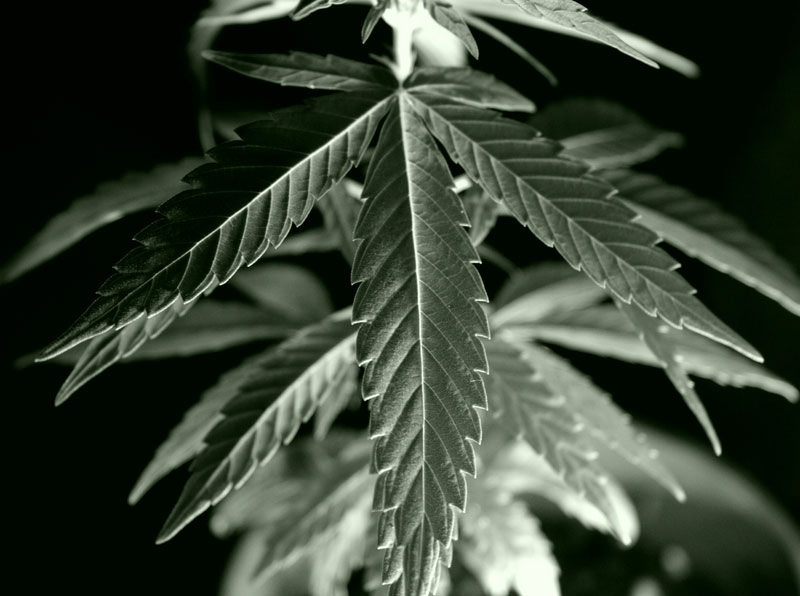Experts Skeptical About 'Digital Drugs' Claims by Teens

Between smoking banana peels, suffocating each other and eating nutmeg, it seems like teenagers will do nearly anything to get the high associated with illegal drug use. But if educators at Mustang High School in Mustang, Oklahoma are to be believed, an even more unlikely pseudo-drug has found its way into common use: psychedelic music and tones that can be downloaded through the Internet.
But drug experts are highly skeptical that such "digital drugs," or "i-doses" as some are calling it, are actually harmful or addictive.
Teenagers at the high school claim that listening to these monotonous, layered sounds in a dark room can cause the same effects as ingesting illegal drugs like marijuana or LSD. The problem has reached the point where Mustang High School recently sent a letter to parents warning them about this growing trend.
However, the parents shouldn’t worry, as the music almost certainly does not cause a high, or encourage future drug use, said Harriet de Wit, the principle investigator of the University of Chicago’s human behavioral pharmacology lab.
Although experiments show that the expectation of getting high can enhance the symptoms associated with drugs, even when someone takes a placebo instead, no sound or music could trigger the exact pathways activated by specific drugs like PCP or Quaaludes, de Wit said. [Read "12 Trippy Apps for your iPhone, iPad and iPod Touch"]
Similarly, even if the teenagers did experience some form of placebo effect, it wouldn’t be strong enough to cause addiction or the decision making and coordination impairments that results from taking drugs like ketamine and peyote, de Wit said.
“It’s unlikely to cause any problems,” de Wit said.
Sign up for the Live Science daily newsletter now
Get the world’s most fascinating discoveries delivered straight to your inbox.
The Placebo effect "is a very moderate effect, and the problems you see with drugs are associated with high dosages.”
Extreme 'zombie star' capable of ripping human atoms apart is shooting through the Milky Way — and nobody knows where it came from
World's first operating system for quantum computers unveiled — it can be used to manage a future quantum internet
Human ancestor was in Eurasia nearly 2 million years ago, cut marks on animal bones suggest









